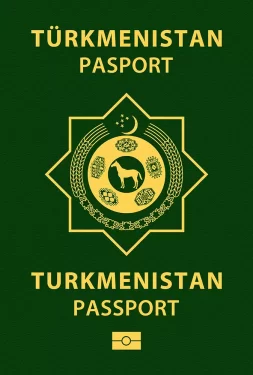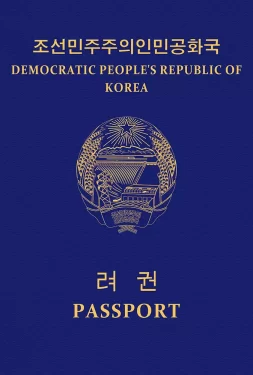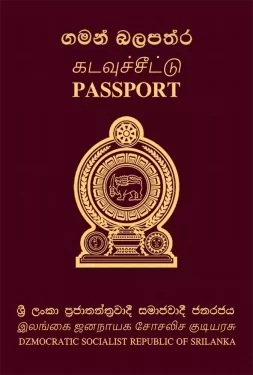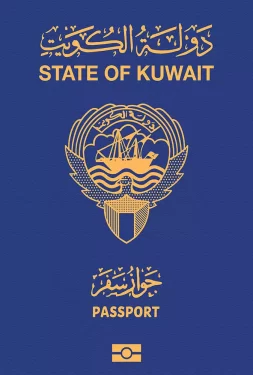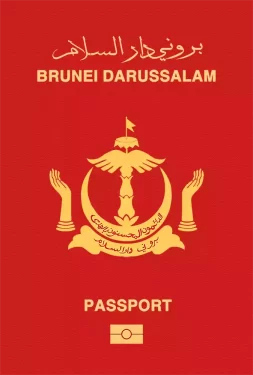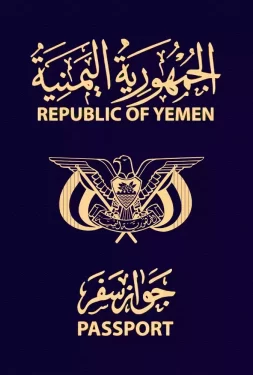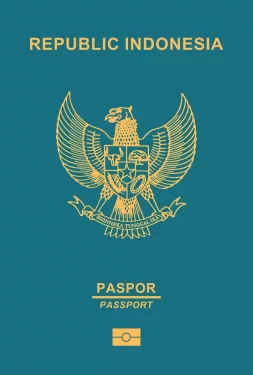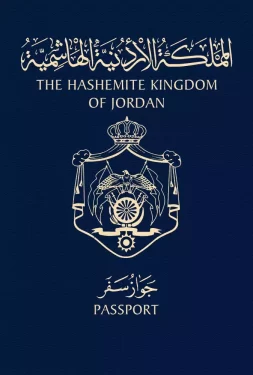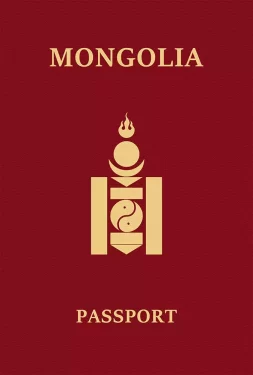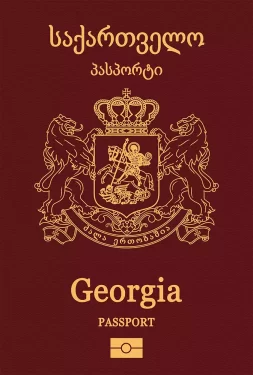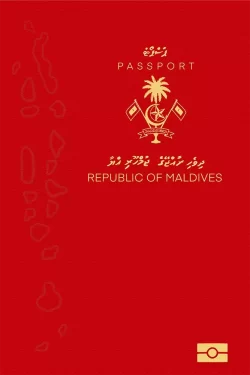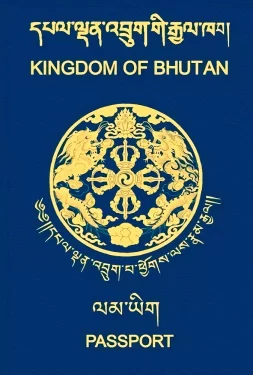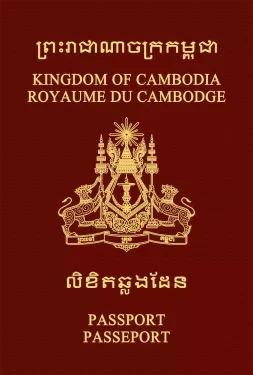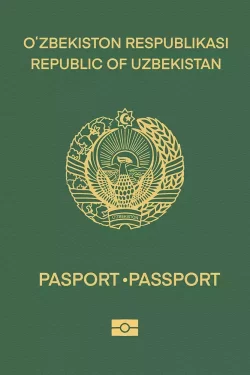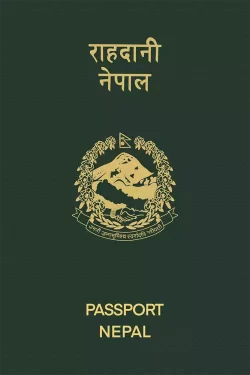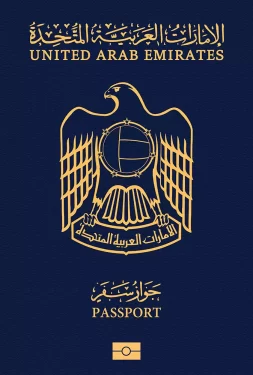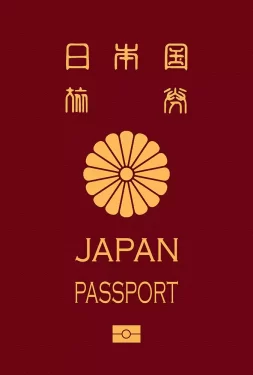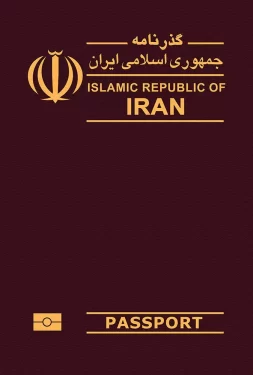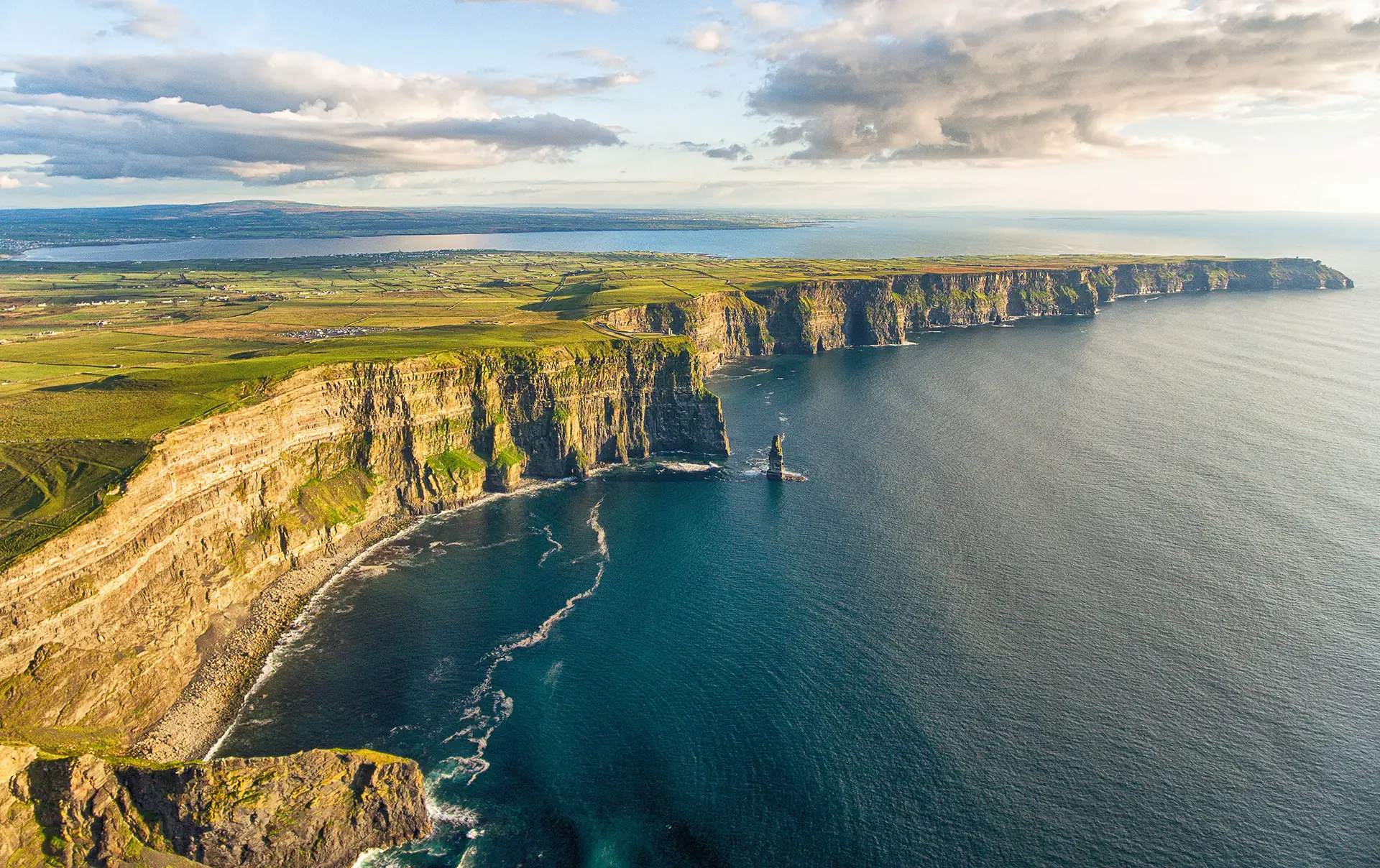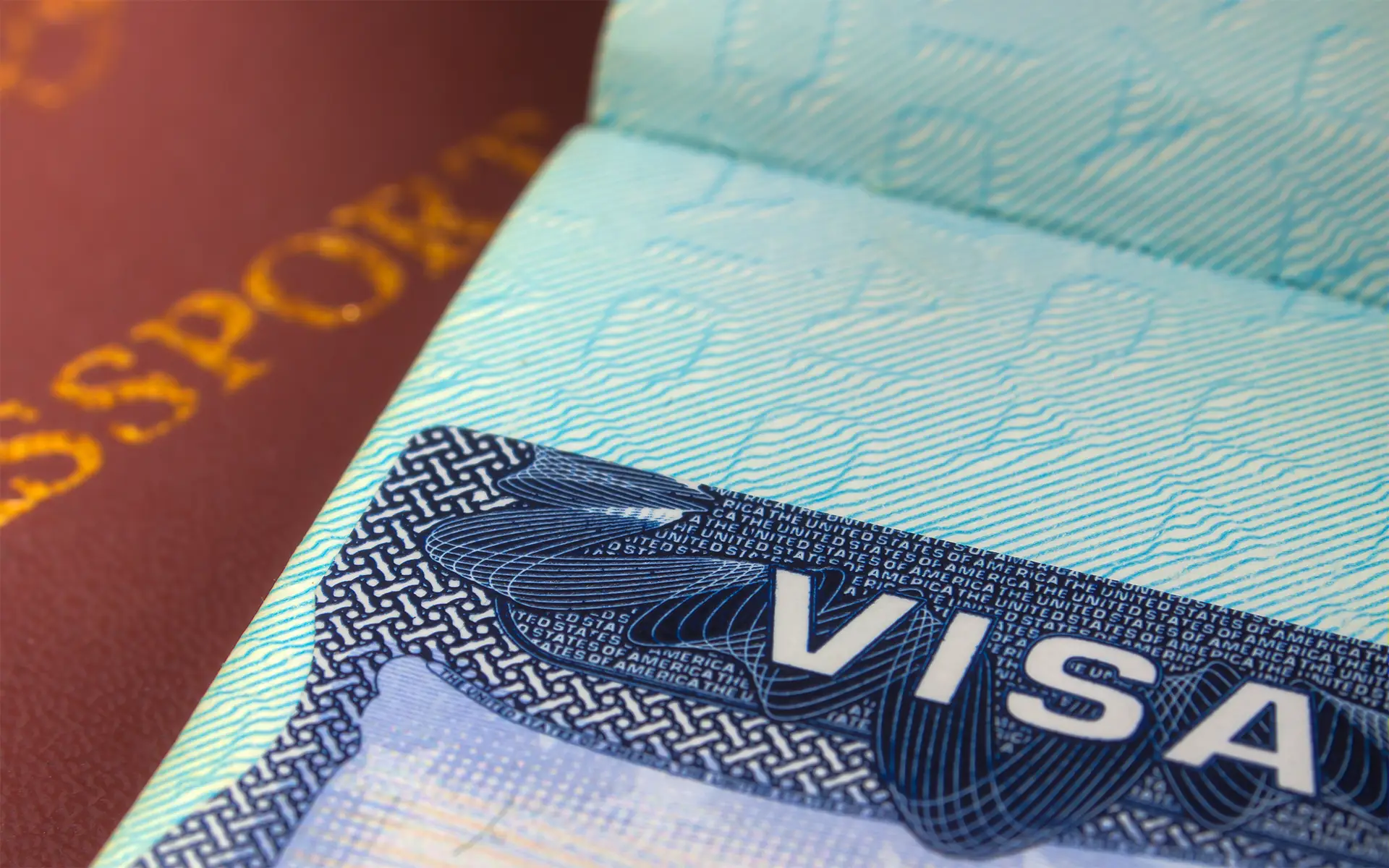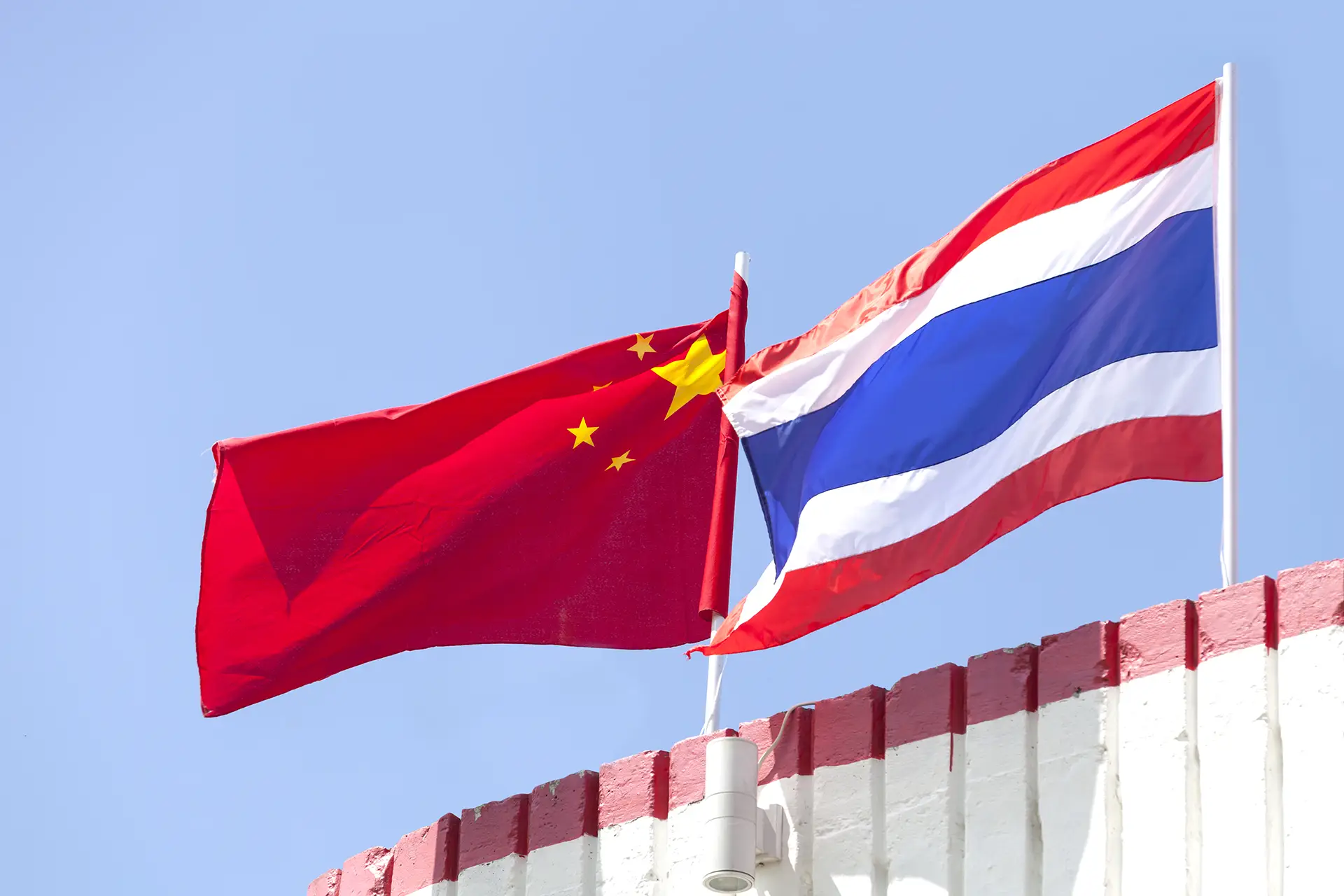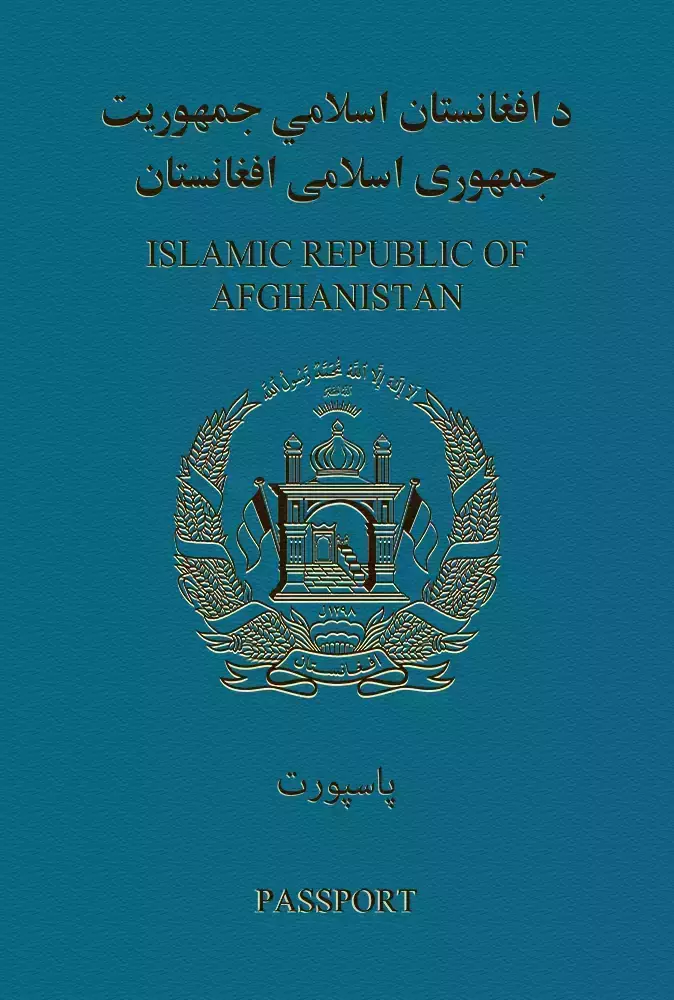

Afghanistan
Afghanistan passport ranking
The Afghani passport is currently ranked 106th place on the Guide Passport Index. It is considered the lowest ranking passport in the world. Afghani passport holders have visa-free access to only 26 destinations including Bangladesh, Dominica, Madagascar and Seychelles. There are 203 destinations for which an Afghani passport holder requires to obtain a visa prior to traveling. That is the reason why the passport raking is low on the overall worldwide mobility score. For major destinations such as USA and the Europe Union, Afghanis require to apply for a visa in advance. Visa applicants need to present documents such as proof of funds and return flight ticket.
Afghanistan Passport Ranking
The Afghanistan passport ranking relative to other global passports is calculated by adding up the number of countries that allow Afghanistan passport holders to enter without a visa (i.e. visa-free countries) and those that allow Afghanistan passport holders to enter by obtaining a visa on arrival (i.e. visa-on-arrival countries) or electronic travel authorization (eTA). There are currently a total of 4 Afghanistan passport visa-free countries, 20 Afghanistan visa-on-arrival countries, and 2 eTA destinations.
Altogether, Afghanistan passport holders can enter a total of 26 destinations—either without a visa, through a visa on arrival, or via an eTA. As a result, the Afghanistan passport ranks 106 in the world.
Separate from these Afghanistan visa-free countries and visa-on-arrival countries, there are 203 additional destinations in which Afghanistan passport holders either need a physical visa to enter or an eVisa (i.e. visa required countries).
About Afghanistan
The Islamic Republic of Afghanistan is a landlocked country made of 34 provinces. It borders Pakistan, Iran, China, Tajikistan, Turkmenistan and Uzbekistan. The most significant provinces are Kabul, Herat, and Balkh. The country has a total surface area of 652,230 square kilometers, which is dominated by rugged mountains. The mountain range of Hindu Kush has the highest peak at 7,492 meters height. Its climate is mostly arid to semiarid.
The overall population is 40.2 million people. The capital of the country is Kabul. It is also the most populous city with over 3 million inhabitants. The largest airport is Hamid Karzai International Airport (KBL) with an approximately yearly passenger traffic of 2 million people. The airport is named after former president Hamid Karzai. The busiest route is to Dubai with 4 daily flights.
Afghanistan’s culture is dominated by Islam with 99.7% of the population being Muslim. The official languages are Pashto and Dari. The legal system is a mix of civil, customary, and Islamic sharia law. The government form is a democracy. The current elected president is Ashraf Ghani. Most of the population lives in a tribal system. All provinces have their regional governments, reporting to the central government in Kabul. Families are the backbone of the society, often headed by a patriarch.
The official currency is the Afghan Afghani. Its current exchange rate is about 72 Afghani to the USD. The country has an open economy, generating a GDP of approximately $20.1 billion. The per capita income is $611. The largest portion of the GDP is generated by the services sector and agriculture. Afghanistan’s most famous export products are carpets, rugs, grapes, nuts, and saffron, which are mostly sold to the neighboring countries.
The country has many natural and culturally unique attractions for tourists to explore. The most famous tourist destination is arguably the Band e Amir National Park in Bamyan Province. It is also probably the most developed destination with modern hotels and infrastructure. Tourists typically visit the Buddha of Bamyan, which is the remains of a giant stone Buddha. Another attraction is the Minaret of Jam, which is a UNESCO World Heritage site. The capital Kabul also offers a variety of museums and exhibitions showcasing the history and natural beauty of the country.
